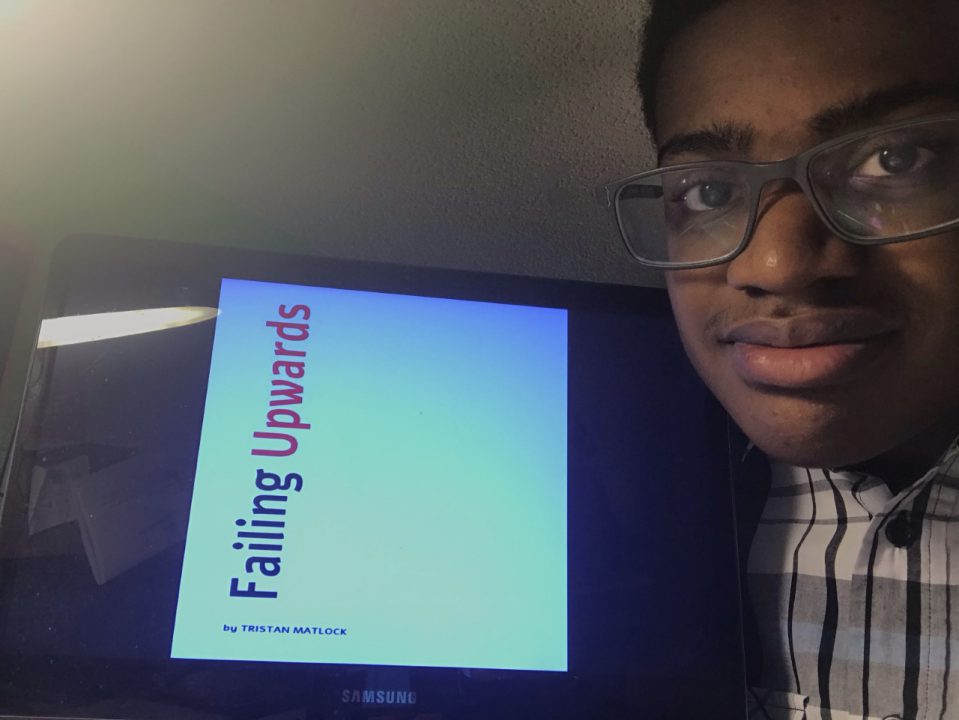Back in my junior/senior year of high school, I remember hearing many teachers, advisors and other adults warn us just how hard college would be, that instructors expect pages instead of just a one-page essay. I remember taking their warnings seriously, although in hindsight, this wasn’t nearly enough. Even though I listened to their advice, it didn’t help as much as I had hoped. In college, I learned many lessons the hard way. I even found myself wishing I could go back in time, knowing what I know now and do everything right. Here are some of the lessons I learned from college that I explore in a book I recently wrote and published.
For instance, now I know just how helpful study groups can be. I’ve also learned that professors may vary in the way they teach their class. Some give lots of homework, while others will provide little to no homework but a lot of quizzes. The first day of class will help set a precedent for how your professor will teach for the rest of the term; the first test will help you understand what to expect on future tests. The syllabus provides the map to help understand where the class will go in terms of topics and test dates. Additionally, if you’re one of the students who likes to get ahead in the course, you also will be able to find the next lecture topic to better prepare for the next class.
Regardless of program or major, most college students are expected to read a great deal, so in the book, I address speed reading. For instance, reading two sentences while writing notes with a pen/pencil helps for articles. For textbooks, I especially would keep an eye out for the words in bold.
I also go into the technicalities of getting a job, which is something I personally struggled with a lot in 2017. The book includes job sites I’ve personally found most useful. Opportunities for leadership and social interaction also support student success so in the book, I address clubs’ topics, motivation, finding direction and how to learn from others’ college experiences. We all go to college to improve our chances for meaningful employment, so I also address the importance of networking, writing a solid résumé and how to stand out in a job interview. The most important lesson I’m trying to convey is that failures can even be seen as an important part of the learning process. My main hope is that with this book, I can help other students avoid the same rude awakening I had, and actually be a driving force that prepares them for college life.

